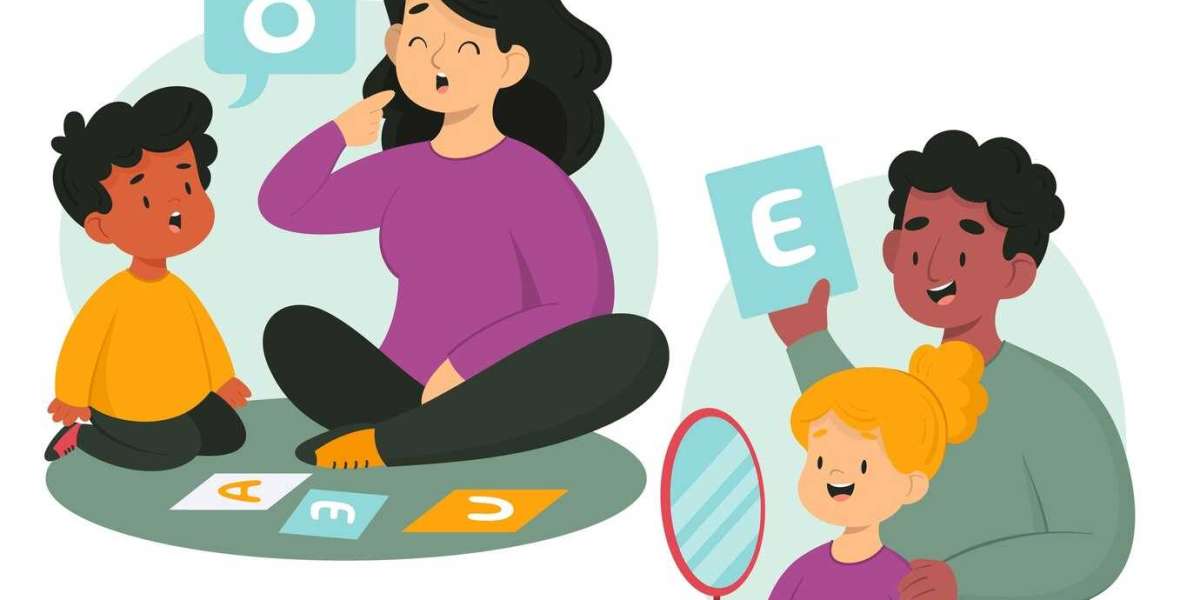Introduction
Navigating ADHD treatment can be a daunting task for both individuals diagnosed with ADHD and their loved ones. With a variety of symptoms and treatment options available, it's essential to have a clear understanding of how to overcome the challenges that come with managing ADHD. In this article, we will explore the symptoms of ADHD, different treatment options, and strategies for navigating the complexities of ADHD treatment effectively.
ADHD Symptoms
Attention Deficit Hyperactivity Disorder, or ADHD, is a neurodevelopmental condition that can impact both adults and children. A variety of symptoms can be experienced by those with ADHD, such as:
- Inattention: Having trouble concentrating on activities or tasks, getting sidetracked easily
- Fidgeting, restlessness, and trouble staying still are signs of hyperactivity.
- Impulsivity: Behaving without thinking, talking over other people, and making snap judgments
It's crucial to remember that each person with ADHD will have a different set of symptoms, and that no two people will have the same combination or intensity of symptoms.
ADHD Treatment Options
When it comes to treating ADHD, there are several options available, including medication, therapy, and lifestyle changes.
Medication
Medication is often the first line of treatment for ADHD, as it can help control symptoms and improve focus and attention. Common medications used to treat ADHD include stimulants like Adderall and Ritalin, as well as non-stimulant medications like Strattera. It's essential to work closely with a healthcare provider to find the right medication and dosage that works best for you.
Therapy
Therapy can also be beneficial in treating ADHD, helping individuals develop coping strategies, improve organizational skills, and address any underlying issues that may be contributing to their symptoms. Behavioral therapy, cognitive-behavioral therapy, and parent training can all be effective forms of therapy for ADHD.
Lifestyle Changes
In addition to medication and therapy, making lifestyle changes can also help manage symptoms of ADHD. Regular exercise, a healthy diet, and adequate sleep can all play a role in improving focus, attention, and overall well-being. Establishing routines, setting goals, and using organization tools like planners and calendars can also be helpful in managing ADHD symptoms.
Navigating ADHD Treatment
Navigating ADHD treatment can be a complex and challenging process, but there are strategies that can help make it more manageable. Here are some tips for effectively navigating ADHD treatment:
- Educate yourself about ADHD: Understanding the disorder and its symptoms can help you make informed decisions about treatment options.
- Build a support network: Surround yourself with supportive friends, family members, and healthcare providers who can help you navigate the challenges of ADHD.
- Communicate openly with your healthcare provider: Be honest about your symptoms, concerns, and treatment goals to ensure you are receiving the best possible care.
- Stay organized: Use tools like planners, calendars, and reminder apps to help you stay on track with medications, therapy appointments, and daily tasks.
Practice self-care: Take care of your physical and mental health by getting regular exercise, eating nutritious foods, getting enough sleep, and engaging in activities that bring you joy and relaxation.
In conclusion, navigating ADHD treatment may require patience, perseverance, and a willingness to try different approaches. By educating yourself, seeking support, and implementing healthy lifestyle changes, you can overcome the challenges of ADHD and lead a fulfilling life. Keep in mind that there are tools available to support you at every stage of this journey and that you are not traveling alone.



